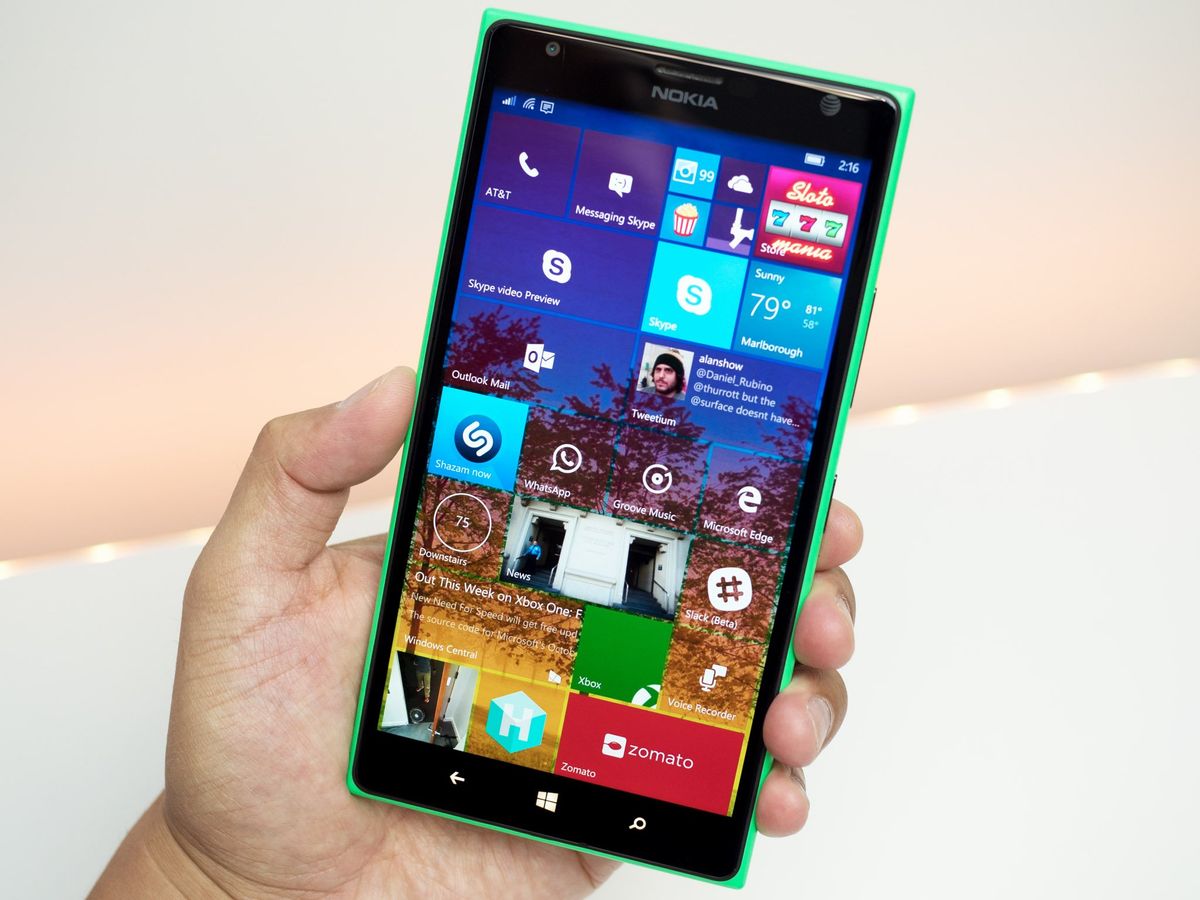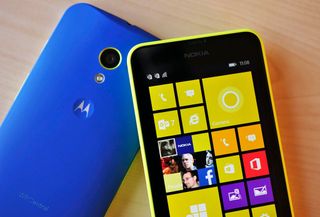Microsoft's Project Astoria and Android app emulation not happening anytime soon

During Microsoft's Build conference earlier this year the company announced their software Bridges for developers. Now the future of one of those bridges is uncertain.
These tools were to help developers port their software to Windows 10 and Windows 10 Mobile and were broken down into four projects, including:
- Project Westminster - For porting Web apps
- Project Centennial - For porting Classic Win32 apps
- Project Islandwood - For porting iOS apps
- Project Astoria - For emulating Android apps
The idea behind the bridges is to aid in closing the so-called 'app gap' on Windows and Windows Phone. However, while consumers would reap the benefits, Windows developers were not at all pleased with the announcement. The reason comes down to Project Astoria, which was the most controversial due to its implementation.
What is Astoria?
Reports of running Android apps on Windows 10 go back to 2014 including a report by Mary Jo Foley and a report by Tom Warren from February 2014.
Astoria is an Android emulator meaning devs do not have any real work to do. Instead, the phone ran the Android APK file directly. Early Insider builds of Windows 10 Mobile had this layer in the OS letting consumers sideload APK files directly. Not only did this project make app piracy easy, it undercut Windows developers who would have little reason to make native Windows apps anymore.

Astoria was never released to developers openly. Instead, they had to apply to test out the tools, which were still under development. Developer feedback and their experiences would be gathered in a closed forum found at bridgeforandroid.windows.com. At the time of this report, the Astoria landing page to apply was still active.
Project Astoria was a brute-force solution to a persistent problem for Windows and Windows Phone. However, it may have been too brazen even for Microsoft.
Get the Windows Central Newsletter
All the latest news, reviews, and guides for Windows and Xbox diehards.
Astoria status – 'Not going as planned'
Windows Central is now hearing from multiple sources that Project Astoria is on hold indefinitely, and maybe even shelved completely. Although Microsoft is not publicly — even privately — stating Astoria is cancelled, they are not openly talking about it anymore, or even privately discussing it with developers.
One source has told us that "the Android app porting is not going as planned."
The interpretation by others familiar with the matter is that Astoria is not happening anytime soon and Microsoft has yet to find a way to announce the news publicly. Indeed, while the news will be welcomed by Windows developers, it could come across as a failure by the company to execute on a publicly announced strategy.

Additional evidence supporting this conclusion comes from various sources besides the ones we spoke to, including:
- The Project Astoria forums have gone silent since September with developer questions unanswered by Microsoft, including inquiries about the project's future
- Recent Windows 10 Mobile Insider builds have had the Android subsystem completely removed including build 10586 (commercial shipping release)
- Microsoft is no longer openly talking about the project even to those under NDA
There could be a few reasons as to why Astoria has been unsuccessful. Some of the people we have spoken too did not know the exact motive for the delay, although they did have some ideas, including:
- Pushback – Developers were very unhappy about Astoria
- Technical – There are reports that the Android subsystem caused Windows 10 Mobile to slow down over time
- Legal — It is not clear what, if any, legal ramifications there in such an approach
Update: One other reason we have heard since publishing is that the Astoria team was 60-80 people versus the 5 it took for Islandwood. In the end, it may have been economic hurdles as much as technical ones.
Project Islandwood for porting iOS apps requires the apps to be recompiled, but it also needs developer intervention. Islandwood is for Objective-C and it follows a history of Microsoft supported programming languages. Astoria, however, was straight up emulation and could run into all sorts of legal and technical issues.
As to the status of Projects Islandwood, Westminster and Centennial, we hear those are all still happening — and with notable positive discussion about Islandwood. In fact, Facebook's upcoming universal app for Windows 10 looks to be an iOS port.
Perhaps not too surprisingly, none of the developers we spoke to were upset at Astoria's possible demise.
The future
We've reached out to Microsoft about our findings and a spokesperson provided the following statement:
"We're committed to offering developers many options to bring their apps to the Windows Platform, including bridges available now for Web and iOS, and soon Win32. The Astoria bridge is not ready yet, but other tools offer great options for developers. For example, the iOS bridge enables developers to write a native Windows Universal app which calls UWP APIs directly from Objective-C, and to mix and match UWP and iOS concepts such as XAML and UIKit. Developers can write apps that run on all Windows 10 devices and take advantage of native Windows features easily. We're grateful to the feedback from the development community and look forward to supporting them as they develop apps for Windows 10."
What this all means for the future of Windows Phone and closing the app-gap remains to be seen. Certainly Astoria offered a massive shortcut to getting new apps onto Windows Phone solving at least one problem. However, it did rely on developers giving consent to having their apps ported to the Windows Store, something that was not guaranteed to happen. Additionally, Microsoft stood a good chance of alienating its own developer base should the project be successful. On the other hand, Project Islandwood for iOS apps may be a better route — the iOS App Store is full of quality apps and recompiled apps will perform and behave better on Windows 10, not to mention the lesser potential for abuse compared to straight emulation.
Whether Microsoft revives Project Astoria depends on the real reasons for its end and whether those can be overcome. For now, however, it looks like Android apps are not coming to Windows 10 Mobile anytime soon.

Daniel Rubino is the Editor-in-chief of Windows Central. He is also the head reviewer, podcast co-host, and analyst. He has been covering Microsoft since 2007 when this site was called WMExperts (and later Windows Phone Central). His interests include Windows, laptops, next-gen computing, and wearable tech. He has reviewed laptops for over 10 years and is particularly fond of 2-in-1 convertibles, Arm64 processors, new form factors, and thin-and-light PCs. Before all this tech stuff, he worked on a Ph.D. in linguistics, performed polysomnographs in NYC, and was a motion-picture operator for 17 years.